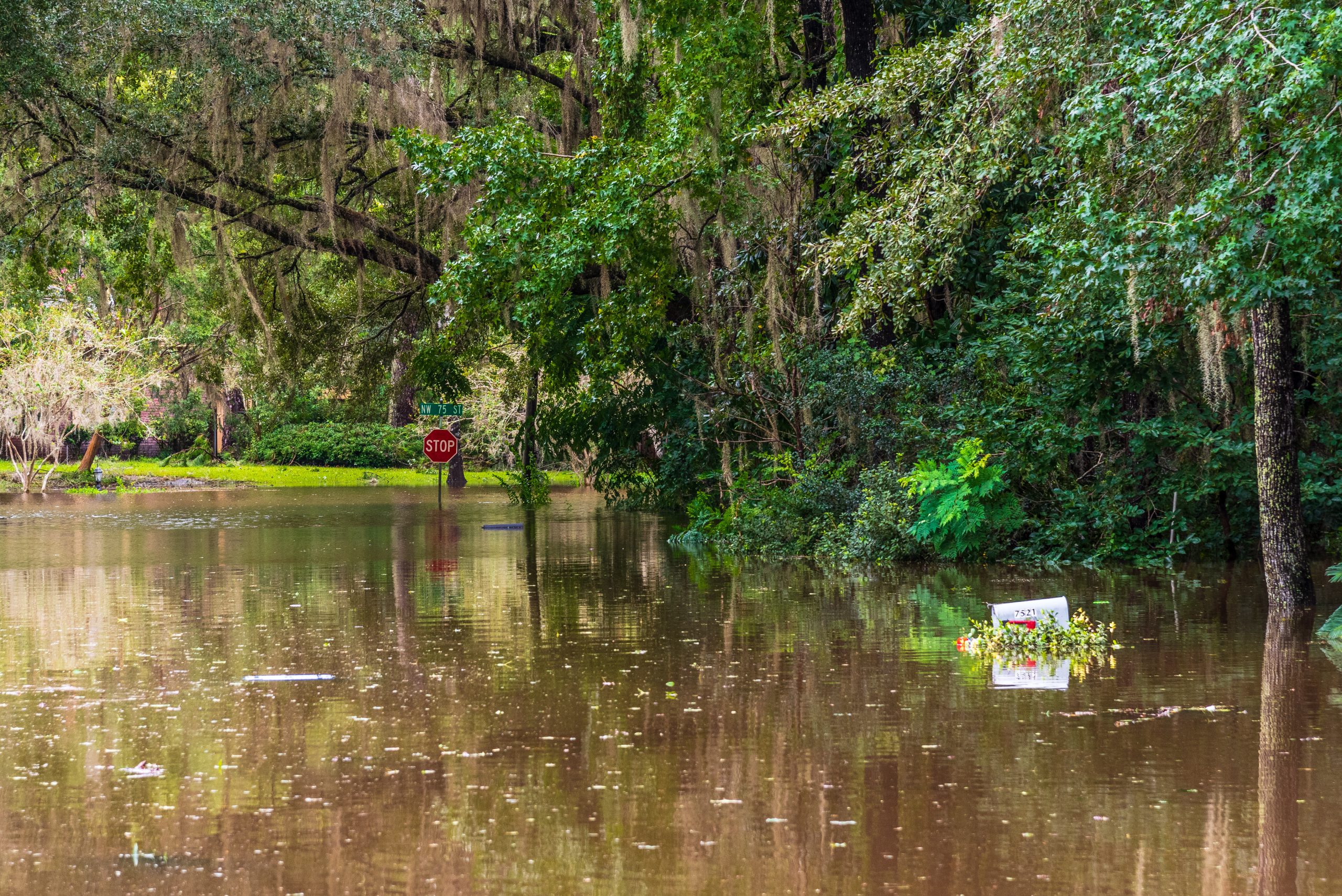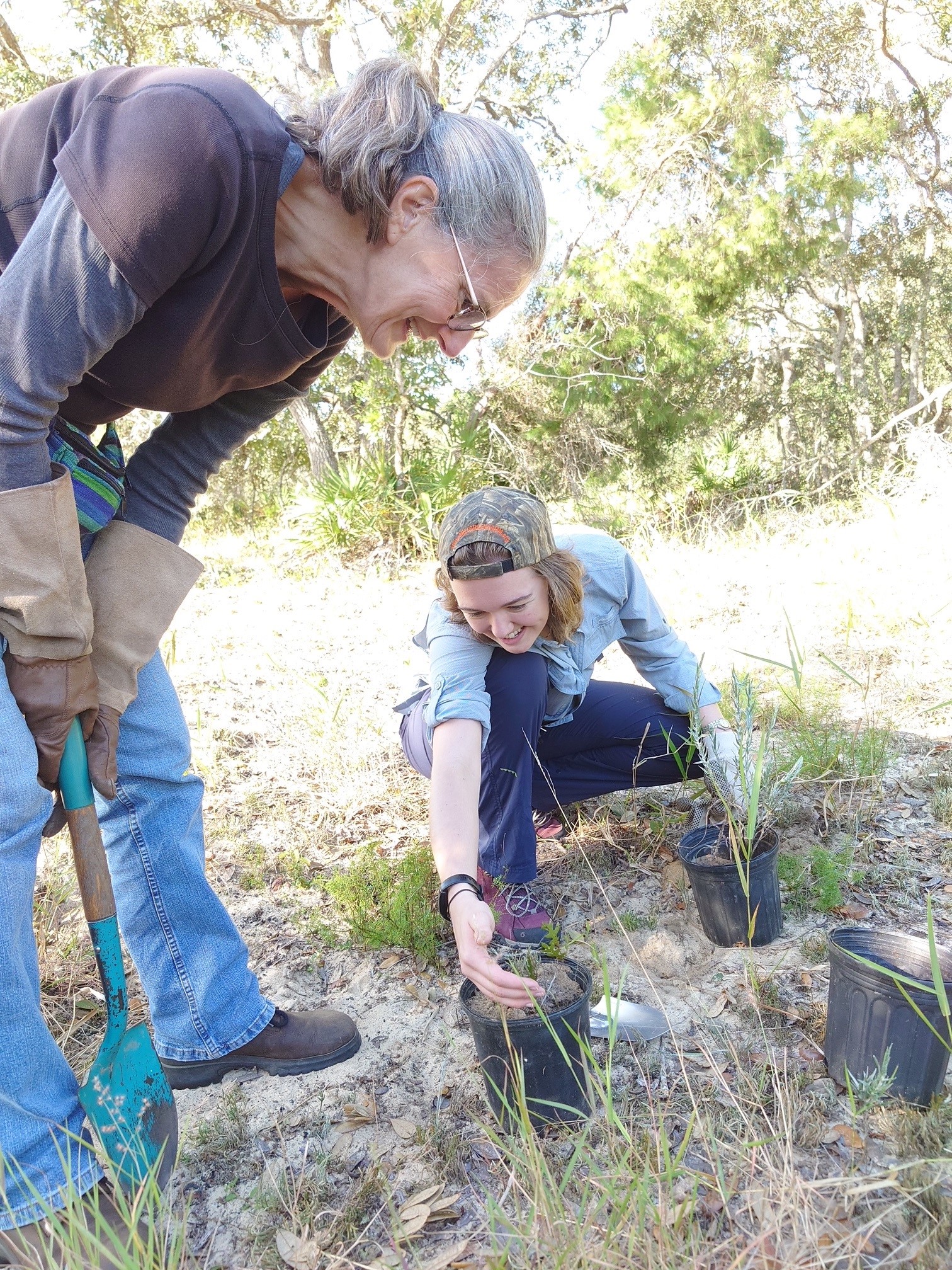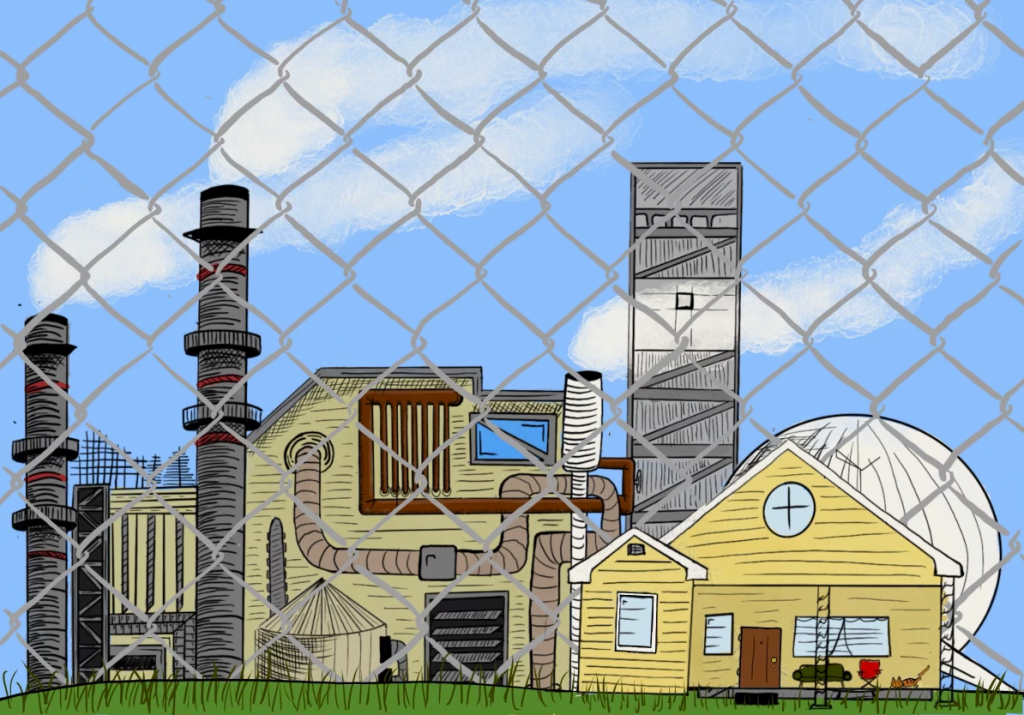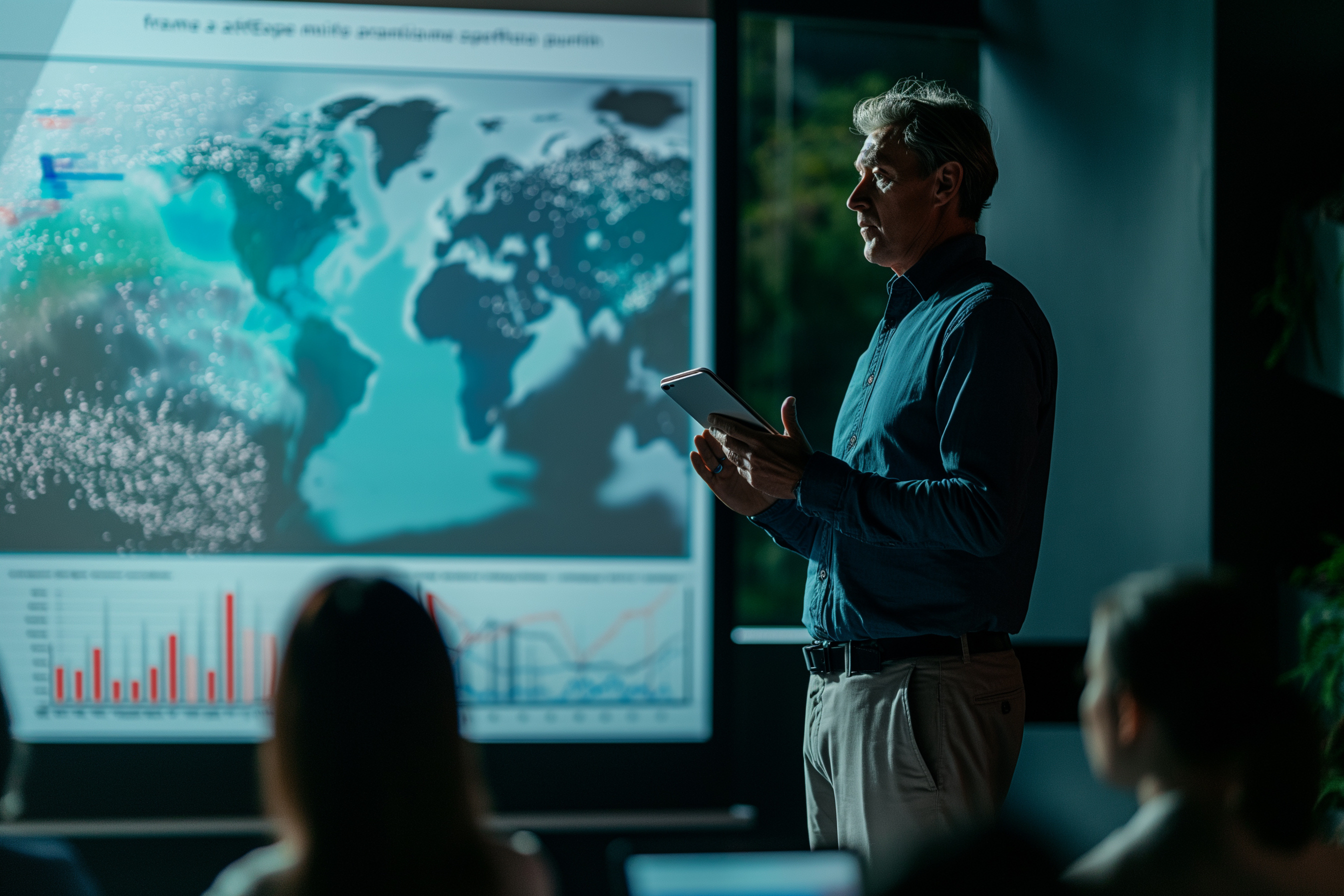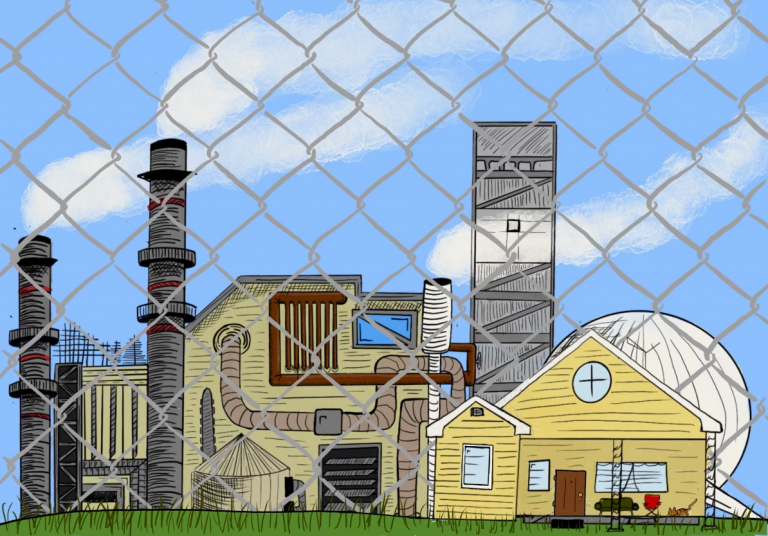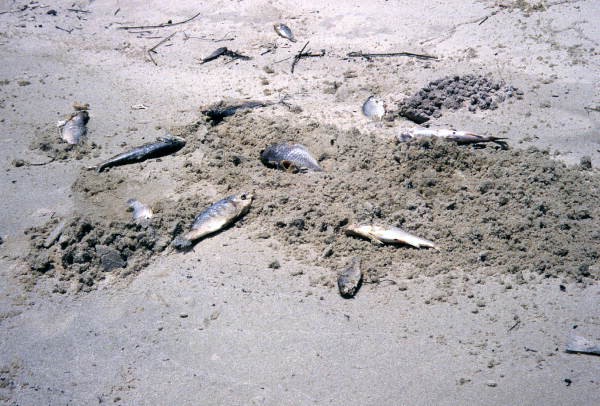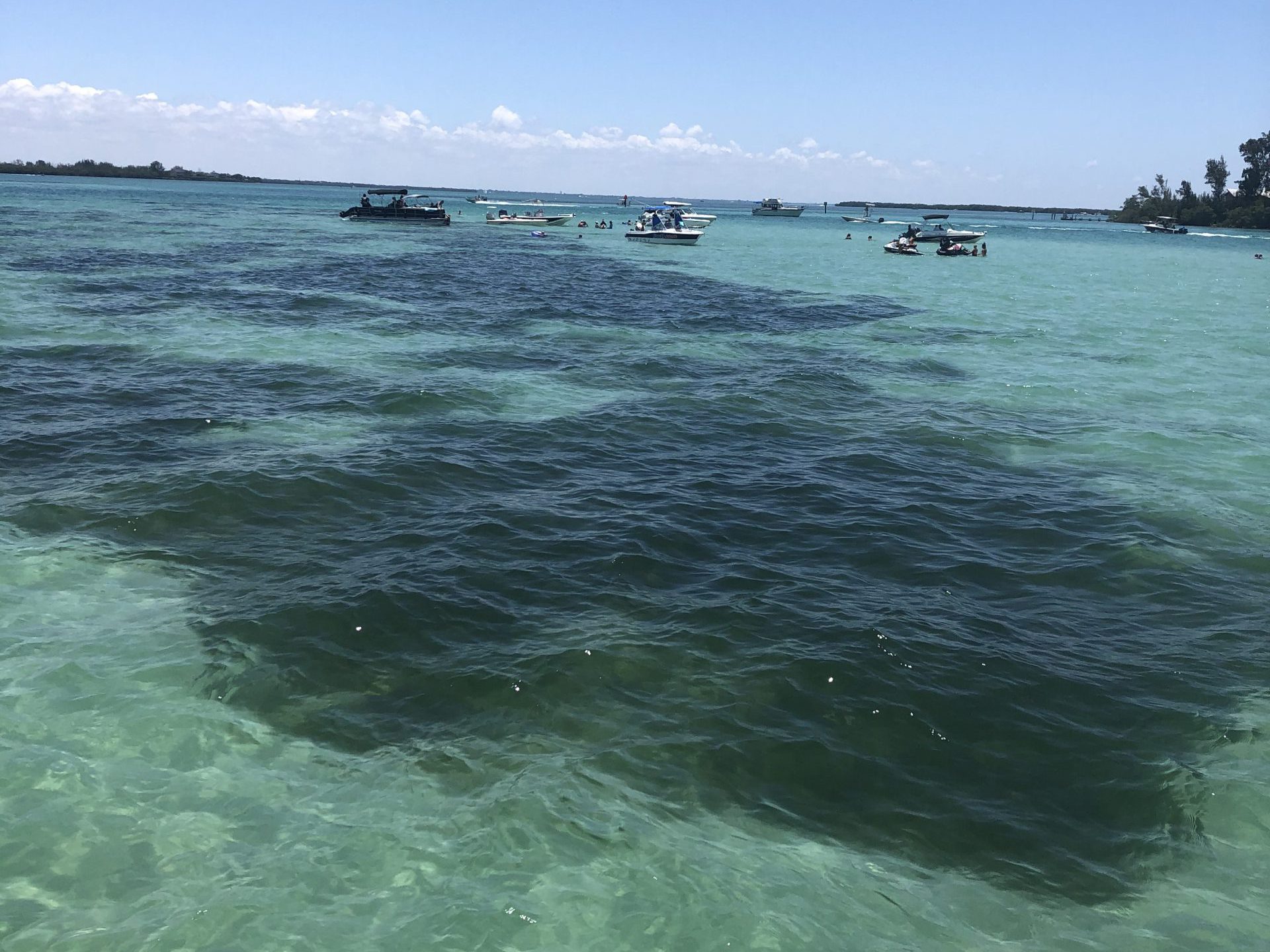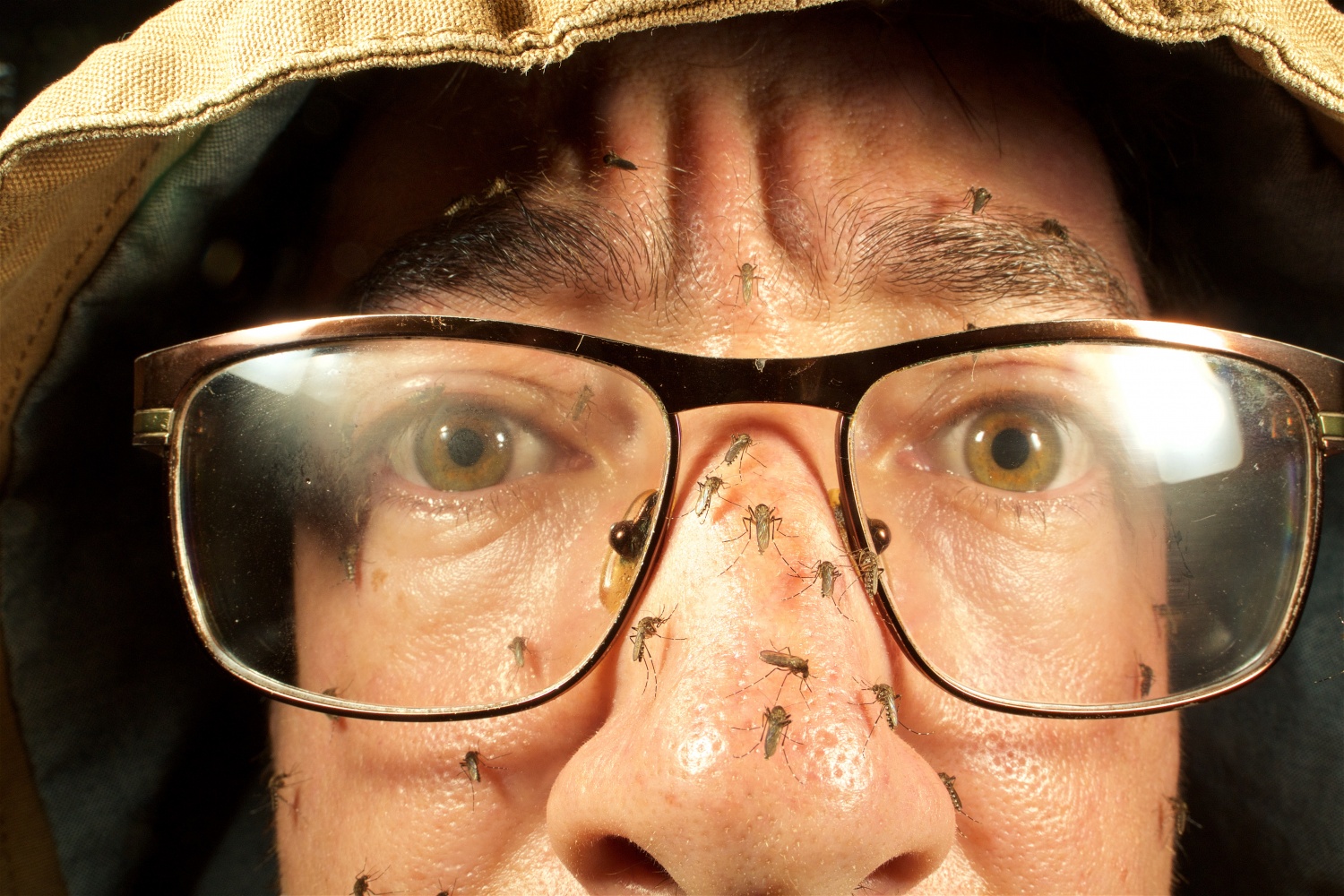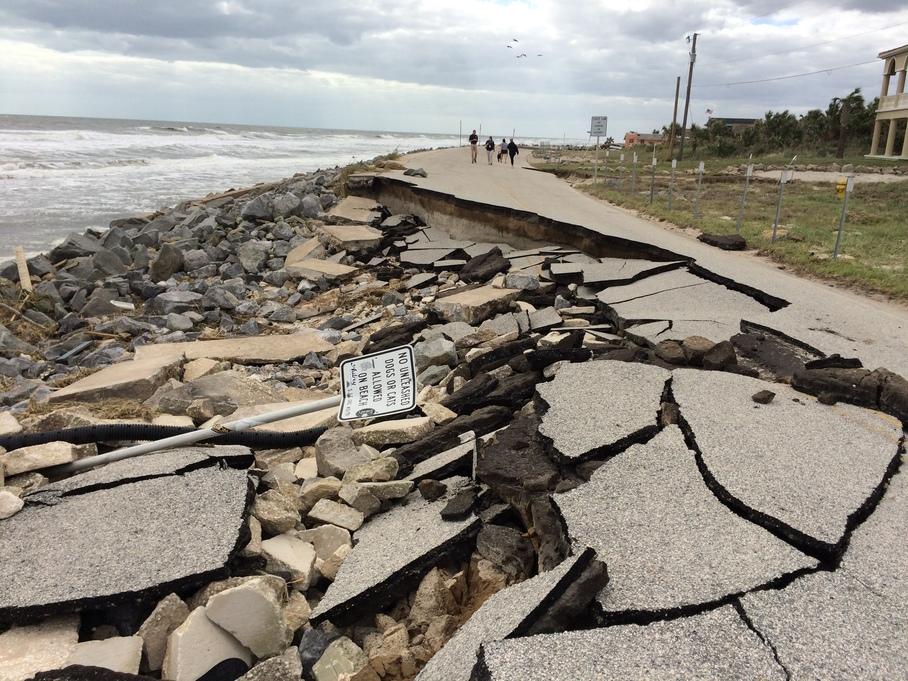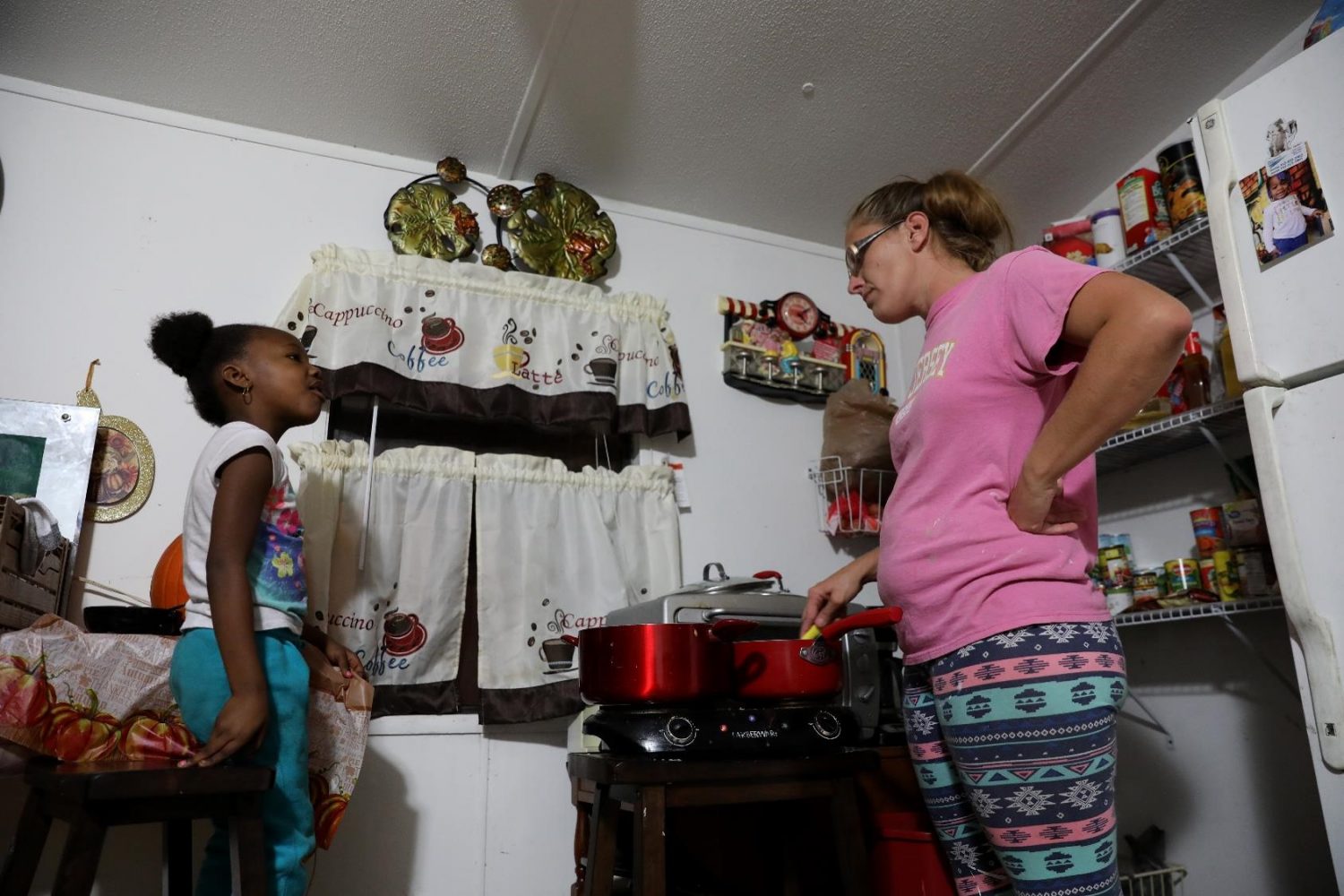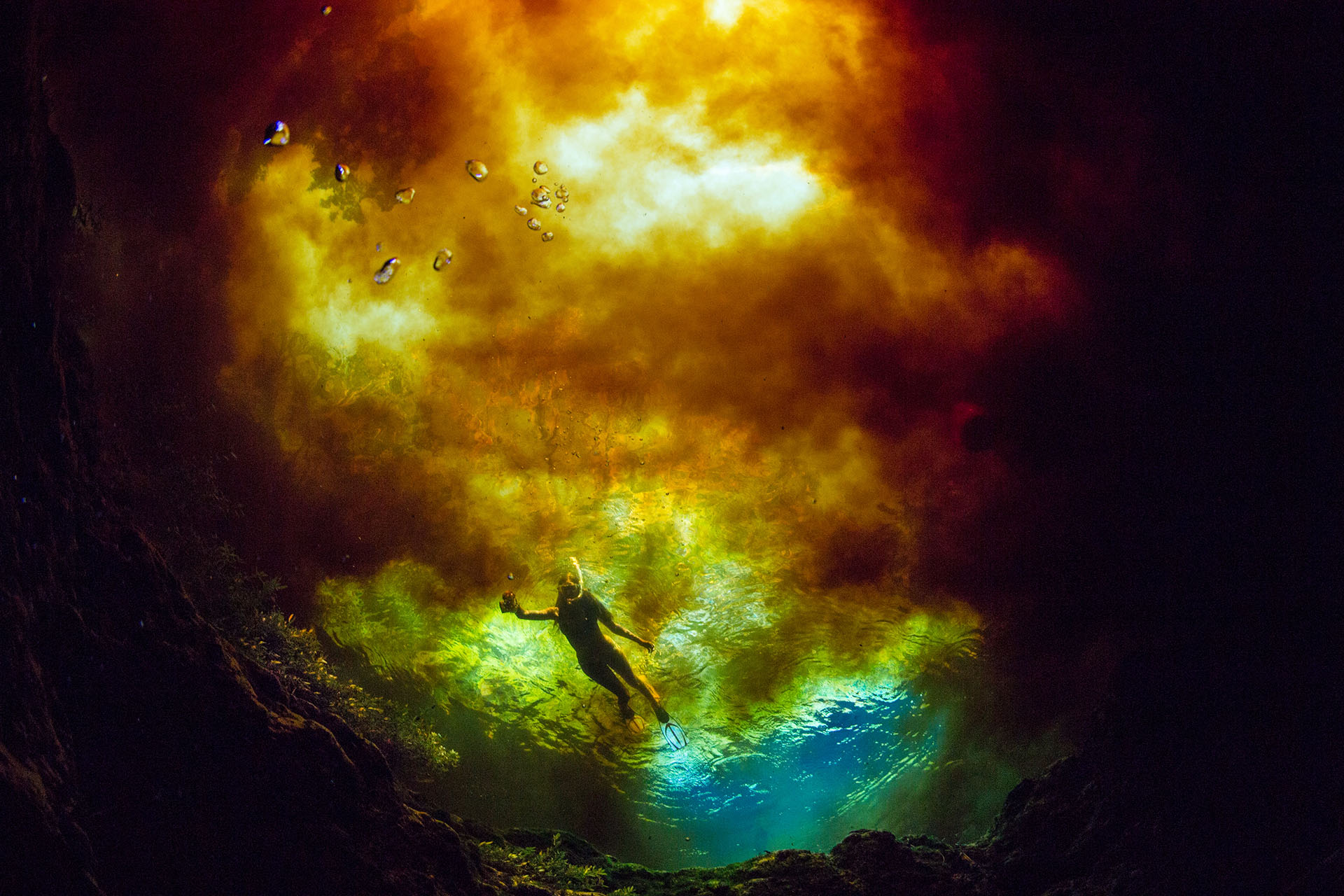From rising seas and record heat to toxic algae blooms in Florida’s waters and public distrust in climate science, there has never been a greater need for well-trained environment and science journalists committed to advancing public understanding.
CJC has trained some of the nation’s best environmental journalists and storytellers. Our regular courses in environment and science journalism train students to report on complex topics with credibility and flair. We also offer field courses that get students into communities to report on environmental justice, and out into forests, rivers and coasts. Our environment and climate journalist alumni and visiting professional programs allow students to meet some of the field’s most captivating practitioners and build their professional networks.
Programs and Courses
Environment, Climate and Science Journalism programs
Our Florida Environment & Ag Desk covers the environment, climate, farming and rural issues statewide. Part of the Innovation News Center and UF’s public media platform WUFT, we publish in-depth stories on the environment and help train student journalists in specializations including water, climate and agriculture—all in demand as newsrooms around the nation expand coverage of climate change and other environmental pressures.
Our annual Climate Communication Summit brings together professional and student journalists and scientists for training in the latest climate science and best practices for telling the story of our time.
Our Science Journalist in Residence Program brings leading science writers to the UF campus in Gainesville each semester to interact with faculty and students. SJRs give public talks, speak in classes, visit laboratories and meet with one-on-one with students interested in science stories.
Environment and Science Journalism Courses
Environmental Journalism: This course will ground you in the essentials of environmental reporting—discerning uncompromised expert sources, using
human narratives and descriptive storytelling to relate real-world impact, and tapping the databases, records and other tools commonly used by environmental reporters.
Science Journalism: This course introduces the art and craft of science storytelling. Students will learn how to produce well-written, engaging science stories for general audiences. The course covers writing news and
feature articles such as might appear in a magazine, newspaper, online news publication or other science news outlet.
Advanced Science, Environment & Health Reporting: This senior-level, immersive class gives students in-depth experience reporting on a science, environment or health project over the course of the semester. Based around a single topic; past courses have published award-winning projects on fertilizer and water quality. The spring 2024 course focused on animals and the biodiversity crisis.
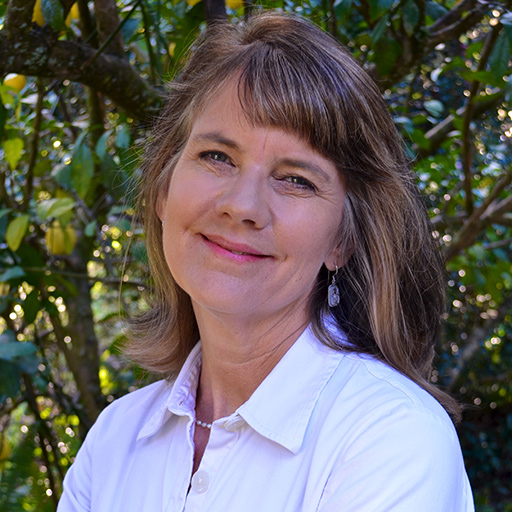
For more information, contact Cynthia Barnett, director of Climate and Environment Reporting Initiatives, at clbarnett@ufl.edu or complete this form.

